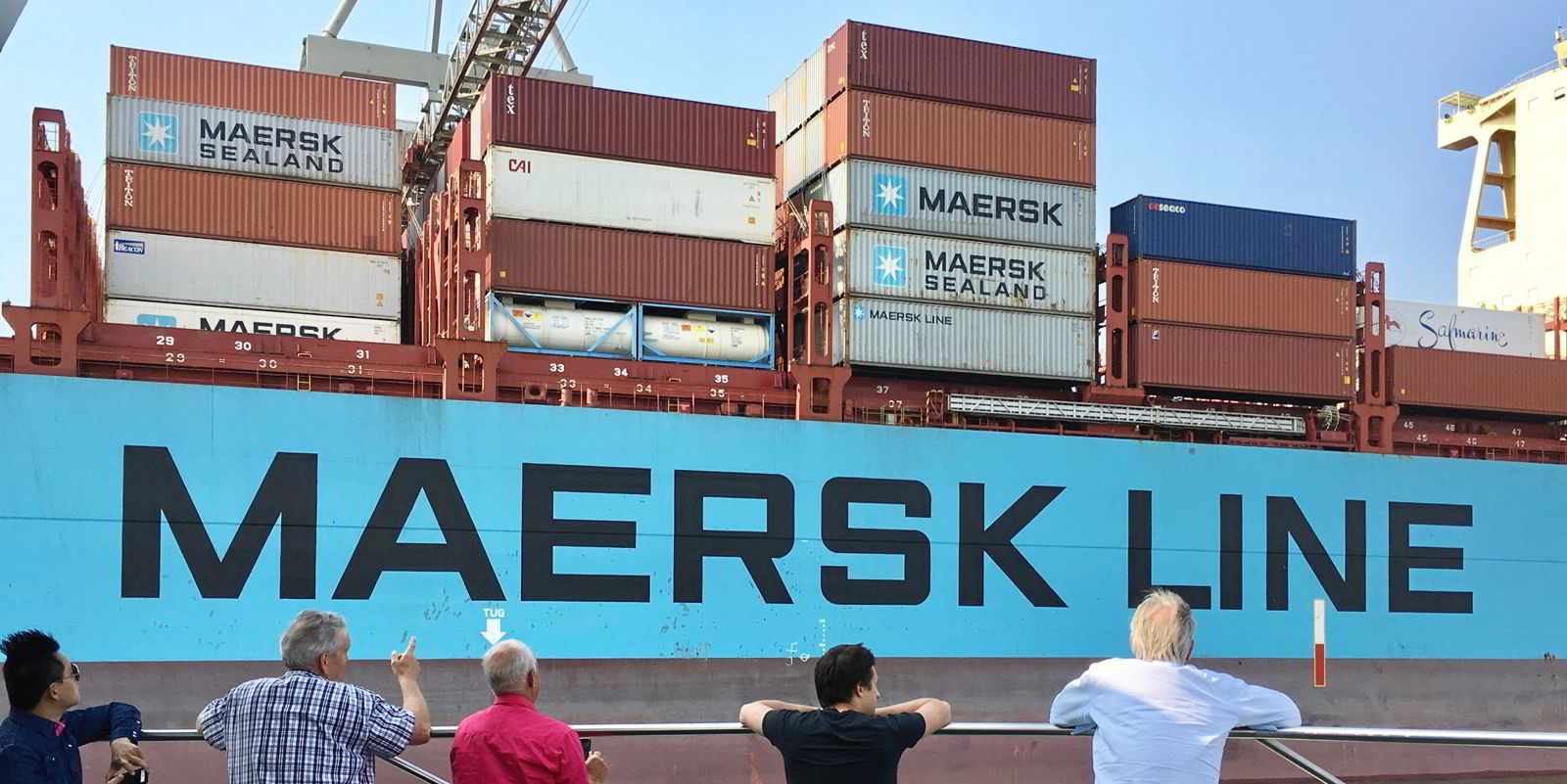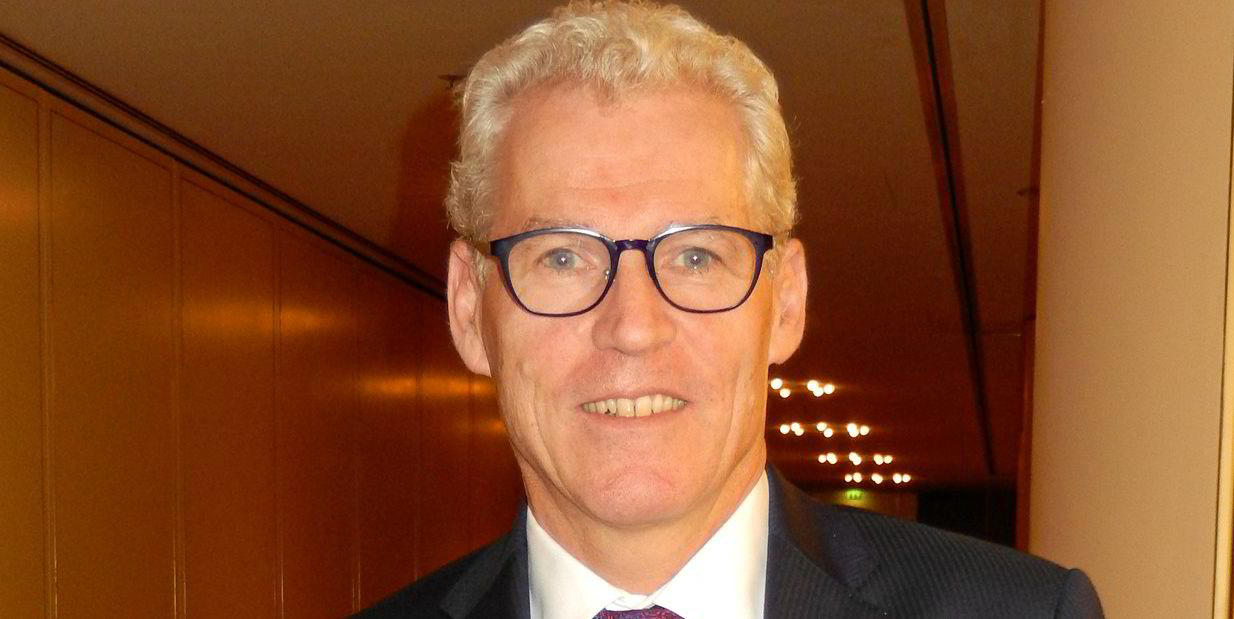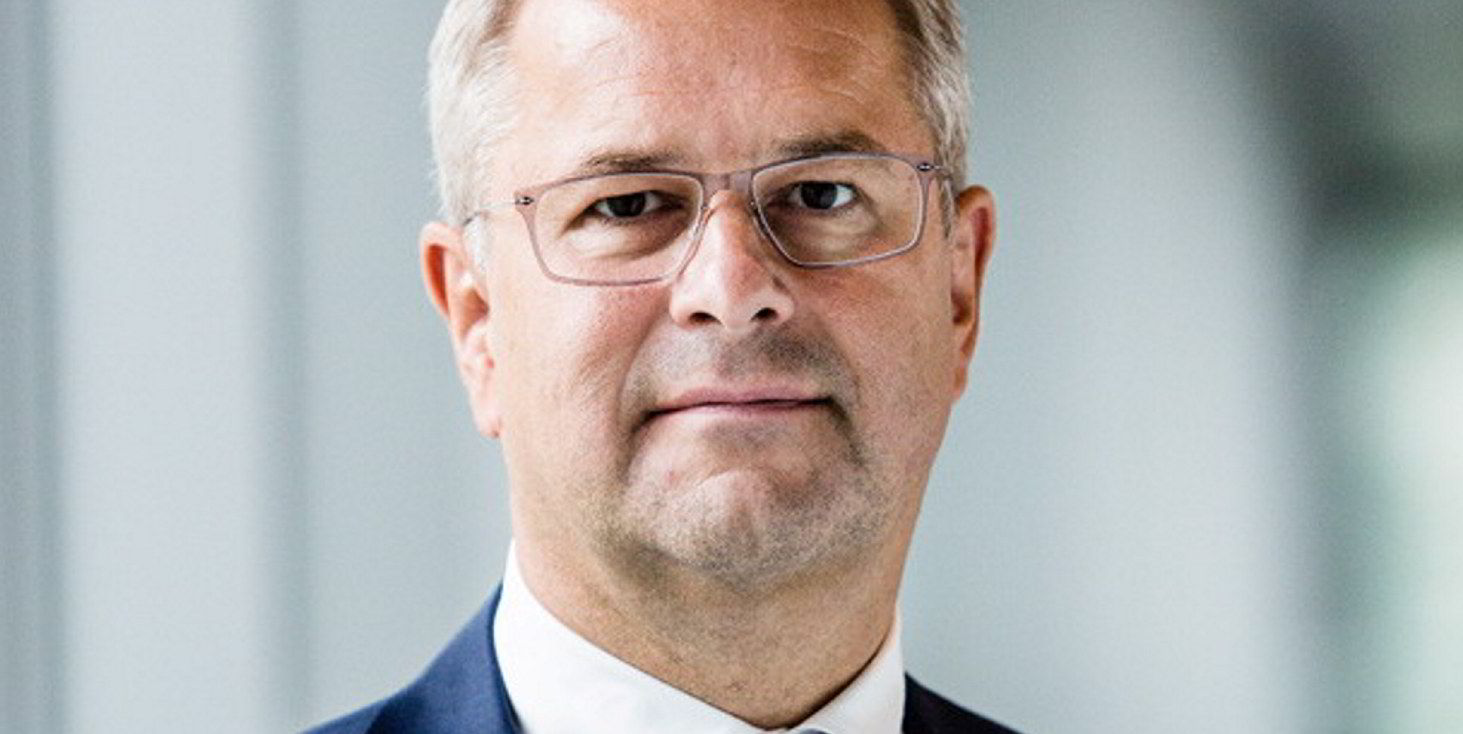AP Moller-Maersk has made more profit in just three months than it previously made in a year, according to chief executive Soren Skou.
And the world's largest liner operator is set to keep reeling in the cash as shippers lock in longer contracts at higher rates.
Speaking on a conference call today after unveiling the best quarter in the company's history, Skou highlighted how Maersk has locked in future earnings in what had been "an unusual year".
The company logged a profit of $5.46bn in the third quarter alone, nearly twice the $2.9bn for the whole of 2020.
"We're actually delivering a quarter which is better than the best year ever for the company," Skou said.
The performance is expected to be replicated in the coming two quarters, which are forecast to be in line with the third quarter.
Maersk has reiterated earnings guidance of between $22bn and $23bn for the full year.
'We'll be done early this year,' says Skou
Skou's ebullience springs partly from seeing shipments of 40-foot equivalent unit (feu) move away from the spot market.
It had been "an unusual year in that many customers have been willing and wanting to commit to longer periods", Skou said.
"We now have 1.4m feu of multi-year contracts," he said. "But we've seen customers wanting to negotiate early for 2022."

Contracts had already been inked including on the transpacific that normally are not negotiated through to a deadline on 1 May 2022, he said.
That helped Maersk reduce exposure to the commoditised short-term market "where we are price-takers and where we are subject to wild swings in spot rates".
Long-term contract volumes were up more than 40% from 2019 through to 2022, with additional contracts to be negotiated in the run-up to Christmas.
More than two-thirds of Maersk's long-haul volumes, or 7m feu, are now on long-term contracts. That is 50% higher than one year ago.
Another 1m feu of volumes on regional trades were also committed long-term.
Hard-time due to congestion
Skou warned that earnings guidance was dependent on uncertainties, including the supply chain problems and congestion at ports.
Maersk had responded to that by expanding capacity to an all-time high level as well as increased the average speed of vessels.
The Maersk fleet has risen to 736 vessels of 4.21m, increased by 4.4% from 4m teu at the end of 2020.
However, around 10% of Maersk's capacity was tied up due to congestion at ports around the world.
"That's why we're having a hard time delivering on the volumes and growing as much as we would like," Skou said.
The increase in the proportion of long-term contracts will help mitigate any weakening of short-term freight rates.
But Maersk is not expecting any weakening in spot rates this quarter or next, while long-term rates are up on average around $1,000 per feu in 2021, or about 50%.
Volumes in the third quarter were slightly down by 0.6%, mainly due to a decrease in east- west volumes linked to the congestion issues.
Congestion meant that Maersk's container volumes were unlikely to match market growth of between 7% and 9% in 2021, Skou said.







